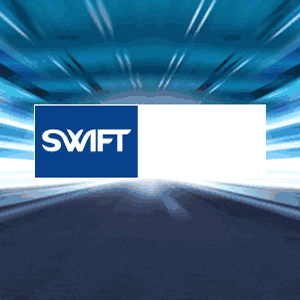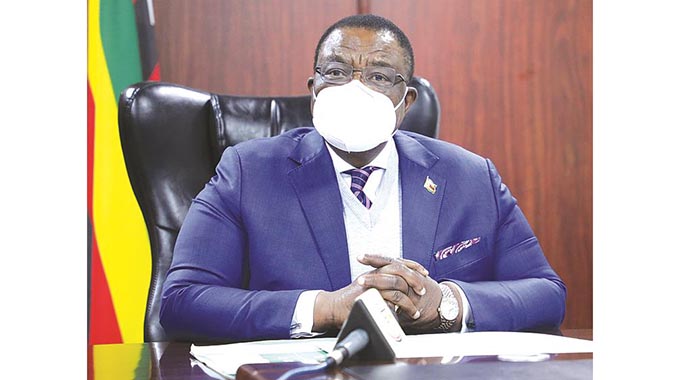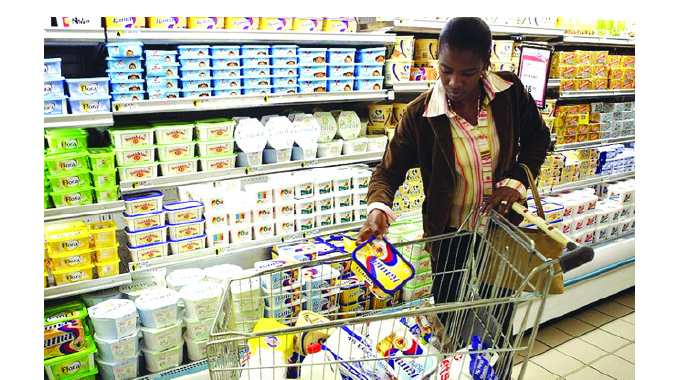Unifreight’s investment in new fleet pays dividends

Business Reporter
Logistics giant Unifreight Africa Limited’s key performance indicators are headed in the right direction with investments in new fleet positively impacting yields and improving fuel consumption levels.
This comes after the group, in the 2021 third quarter, managed to exceed budget both in term revenue and volumes despite a challenging trading environment.
“Careful management of labour cost per tonne and overall improvement in cost controls gives the Board confidence that the business is on a sustainable trajectory,” said the company in a trading update.
“The board, executive and management are focusing on what can be controlled and continue to search for pockets of opportunity that have been created whilst being extremely cognisant of protecting shareholder value.”
Total tonnage volumes were up 3,8 percent on budget and 28 percent on prior year with historical Zimbabwean dollar sales having grown by 47 percent on prior year and 5 percent ahead of budget.
“Despite an increase in historical local currency sales, US dollar inflation has been on the increase resulting in reduced margins. However, the company remains profitable as profit margins are above industry norms,” the company said.
The logistics company requires significant amounts of fuel to operate efficiently. But, it has been met with a major blow of failing to access the cheap fuel sold in local currency.
“Fuel is the most critical requirement for Unifreight’s core operation which involves delivering customers’ freight parcels countrywide within 48 hours.
“Its promise to customers is premised on availability of fuel on a consistent basis without vehicles spending productive time in fuel queues.”
Previously, the firm engaged with the Reserve Bank of Zimbabwe and National Oil Infrastructure Company (NOIC) of Zimbabwe over the cheap fuel sold in the local currency.
“The availability of fuel priced in Zimbabwe dollars has diminished and has become a scarce commodity with most suppliers selling their product in US dollars. The company continues to engage various stakeholders in an effort to find a lasting solution to this challenge,” said the company.
On a monthly basis the group requires about US$500 000 for spares and fuel.
In October this year, the company proposed a quarterly dividend starting next year as a way to limit the dividend payment vulnerability to the effects of hyperinflation and to jumpstart investor confidence.











Comments